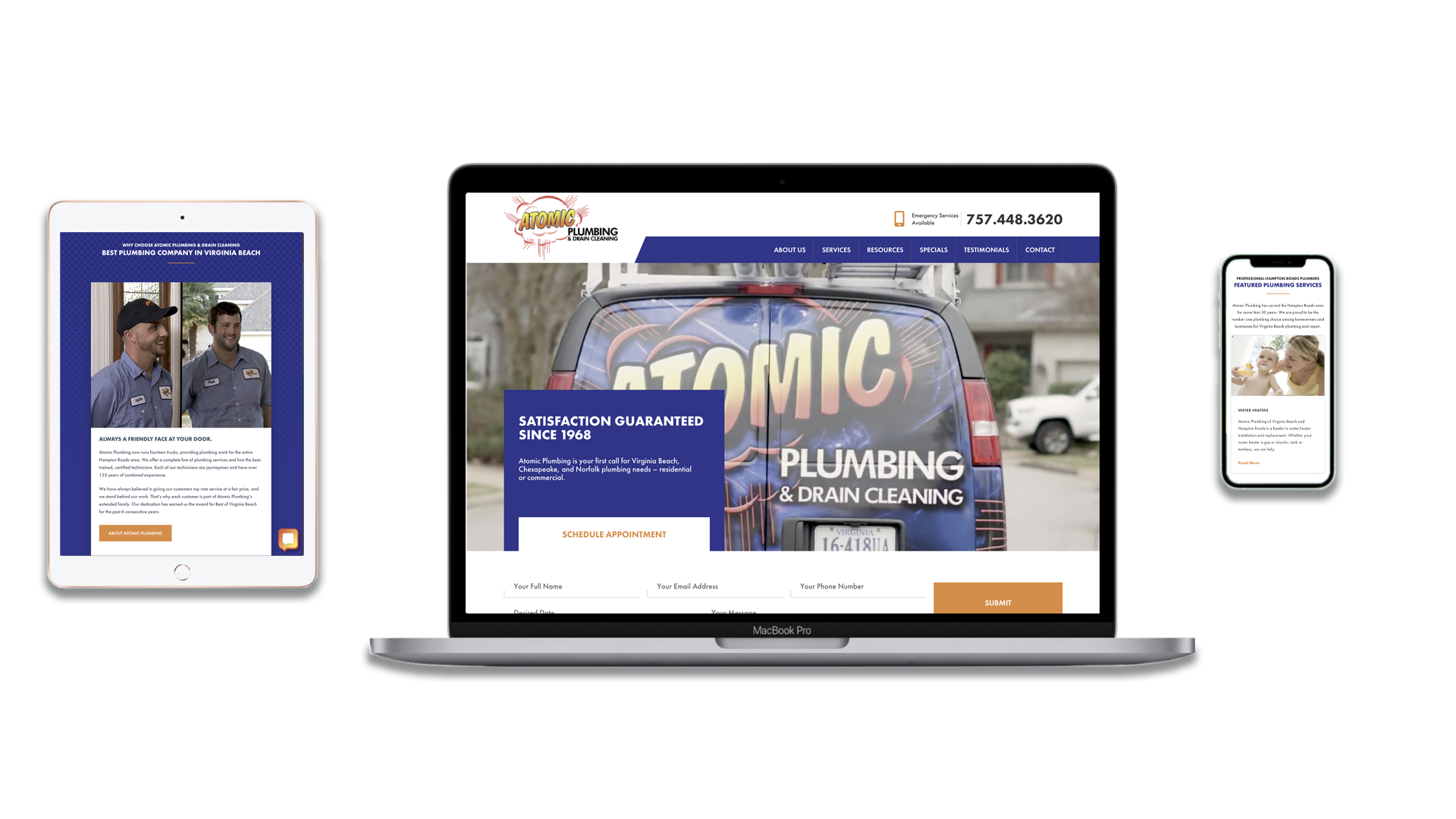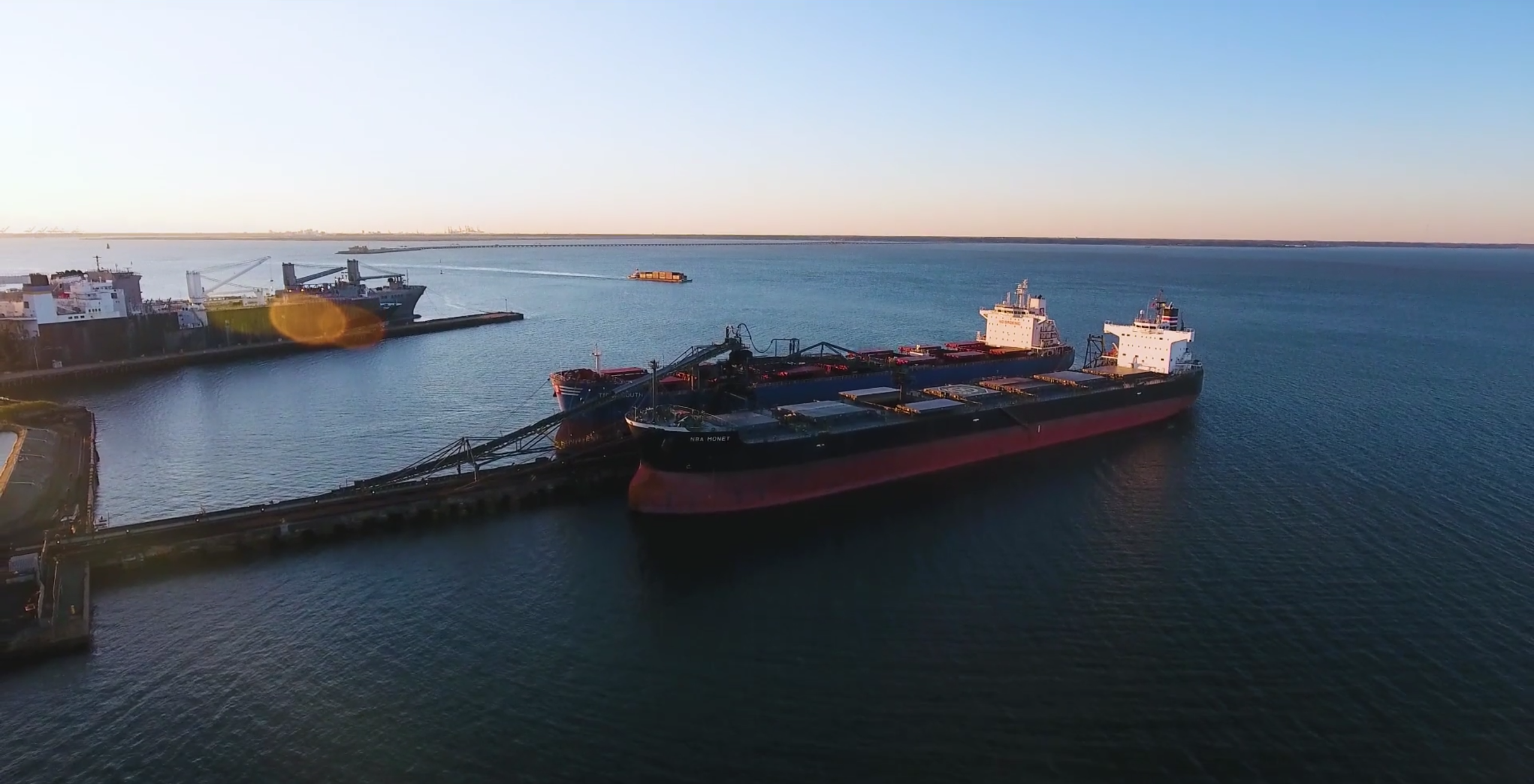It may not surprise you to hear that slow websites decrease user interaction. No one wants to sit around and wait for a site to load when they could easily visit a faster one instead.
What is surprising is just how small the delays need to be to impact a website’s conversion rates:
• For Google an increase in Web page load time from 0.4 seconds to 0.9 seconds decreased traffic and ad revenues by 20%
• Bing and Google found that a delay as small as 0.4 seconds reduced people’s usage of those sites – on that visit and in future visits
• A 0.5 second delay reduced Bing’s revenue by a staggering 4.3%
• A 1.0 second increase in Web page load time decreased Firefox’s conversions by 2.7%
• A 0.1 second increase in load time decreased Amazon’s sales by 1%
Since 2010, Google has included website speed as part of its search-ranking algorithm. So, fast sites also attract a higher search engine ranking.
Source: WSJ.com








